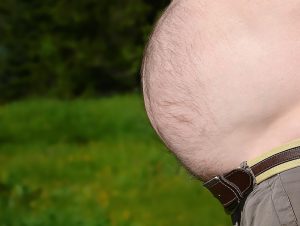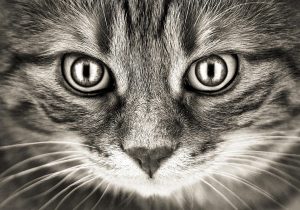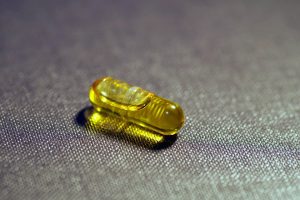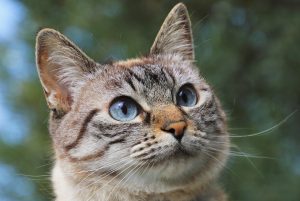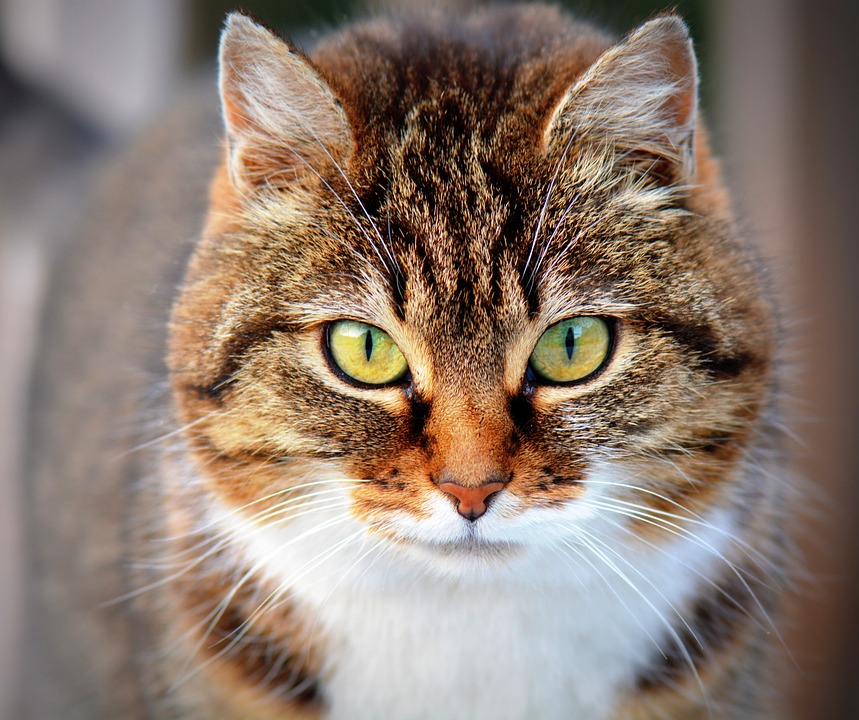
Common Nutritional Deficiencies in Cats and How to Avoid Them
Cats, beloved companions in many households, require specific nutrients to maintain their health and well-being. Understanding these needs is vital for both new and experienced cat owners. This article explores common nutritional deficiencies in cats and provides practical advice on how to avoid them, ensuring your feline friend stays happy and healthy.
The Importance of Proper Nutrition in Cats
Cats are obligate carnivores, meaning they require a diet rich in animal-based proteins and fats. Unlike omnivores, cats have unique nutritional requirements that must be met to support their overall health, from maintaining a healthy coat to supporting vital organ functions. A balanced diet is crucial for preventing deficiencies that can lead to serious health issues.
Common Nutritional Deficiencies in Cats
- Taurine Deficiency: Taurine is an amino acid essential for cats, crucial for vision, digestion, heart function, and fetal development. Unlike other animals, cats cannot synthesize enough taurine on their own and must obtain it from their diet.
- Vitamin A Deficiency: Vitamin A is necessary for a cat’s vision, immune function, and skin health. Cats cannot convert beta-carotene from plants into vitamin A like some other animals, so they must obtain it from animal sources.
- Arachidonic Acid Deficiency: This fatty acid is essential for cats and plays a role in skin health, kidney function, and reproductive health. Cats cannot produce arachidonic acid themselves and need to consume it through their diet.
- Niacin (Vitamin B3) Deficiency: Niacin is vital for energy metabolism. Cats cannot convert tryptophan into niacin effectively, unlike some other animals, making it necessary for them to obtain it directly from their diet.
- Calcium Deficiency: Calcium is essential for strong bones and teeth. Cats need a balanced intake of calcium and phosphorus to prevent skeletal issues.
Signs of Nutritional Deficiencies
Recognizing the signs of nutritional deficiencies is crucial for early intervention. Symptoms may vary depending on the deficiency but commonly include:
- Poor coat condition and hair loss
- Weight loss or poor growth in kittens
- Lethargy and weakness
- Digestive issues such as diarrhea or constipation
- Frequent infections or poor immune response
- Behavioral changes, such as increased aggression or anxiety
How to Avoid Nutritional Deficiencies in Cats
Choose a High-Quality Commercial Cat Food
Commercial cat foods are formulated to meet the nutritional needs of cats and are a convenient option for ensuring a balanced diet. Look for brands that meet the Association of American Feed Control Officials (AAFCO) standards, as these are tested for nutritional adequacy.
Understand Your Cat’s Life Stage and Health Needs
Cats have different nutritional needs at various life stages. Kittens, adult cats, and senior cats require diets tailored to their developmental and health needs. Additionally, cats with specific health conditions may need special diets prescribed by a veterinarian.
Incorporate High-Quality Protein Sources
Ensure your cat’s diet includes high-quality animal protein, as it is a crucial component of their nutritional requirements. Ingredients like chicken, turkey, fish, and beef are excellent sources of essential amino acids, including taurine.
Supplement When Necessary
If your cat is on a homemade diet or has specific health concerns, supplements might be necessary to prevent deficiencies. Consult with a veterinarian to determine the appropriate supplements and dosages for your cat.
Monitor for Allergies and Sensitivities
Some cats may develop food allergies or sensitivities that can affect their ability to absorb certain nutrients. If you suspect your cat has a food allergy, work with your veterinarian to identify the allergen and adjust their diet accordingly.
Regular Veterinary Check-Ups
Routine veterinary visits are essential for monitoring your cat’s overall health and catching any nutritional deficiencies early. Regular blood tests and physical exams can help ensure your cat is receiving the right nutrients.
Conclusion
Preventing nutritional deficiencies in cats is integral to their health and longevity. By understanding their unique dietary needs and choosing appropriate feeding strategies, you can help your feline friend thrive. Whether you’re a new or experienced cat owner, staying informed and proactive about your cat’s nutrition will ensure a happy and healthy life for your beloved pet.
#ChatGPT assisted in the creation of this article.



